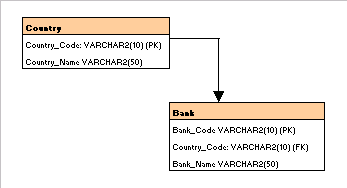
The result of neo-colonialism is that foreign capital is used for the exploitation rather than for the development of the less developed parts of the world. like colonialism, is an attempt to export the social conflicts of the capitalist countries.

In place of colonialism, as the main instrument of imperialism, we have today neo-colonialism. In Neo-Colonialism, the Last Stage of Imperialism, Kwame Nkrumah wrote: The pamphlet frames 19th-century imperialism as the logical extension of geopolitical power, to meet the financial investment needs of the political economy of capitalism. Nkrumah theoretically developed and extended to the post–War 20th century the socio-economic and political arguments presented by Lenin in the pamphlet Imperialism, the Highest Stage of Capitalism (1917). Kwame Nkrumah, former president of Ghana (1960–66), coined the term, which appeared in the 1963 preamble of the Organisation of African Unity Charter, and was the title of his 1965 book Neo-Colonialism, the Last Stage of Imperialism (1965).

When first proposed, neocolonialism labelled European countries' continued economic and cultural relationships with their former colonies, African countries that had been liberated in the aftermath of Second World War. Kwame Nkrumah (pictured on a Soviet postage stamp) was a Ghanaian politician and coined the term "neocolonialism". Neocolonialism is also discussed in the works of Western thinkers such as Sartre ( Colonialism and Neocolonialism, 1964) and Noam Chomsky ( The Washington Connection and Third World Fascism, 1979). Neocolonialism frequently affects all levels of society, creating neo-colonial systems that disadvantage local communities, such as neo-colonial science.Ĭoined by the French philosopher Jean-Paul Sartre in 1956, it was first used by Kwame Nkrumah in the context of African countries undergoing decolonisation in the 1960s. This may result in an undue degree of political control or spiraling debt obligations, functionally imitating the relationship of traditional colonialism. Neocolonialism differs from standard globalisation and development aid in that it typically results in a relationship of dependence, subservience, or financial obligation towards the neocolonialist nation.

Neocolonialism is the practice of using economic imperialism, globalisation, cultural imperialism and conditional aid to influence a developing country instead of the previous colonial methods of direct military control or indirect political control ( hegemony).


 0 kommentar(er)
0 kommentar(er)
